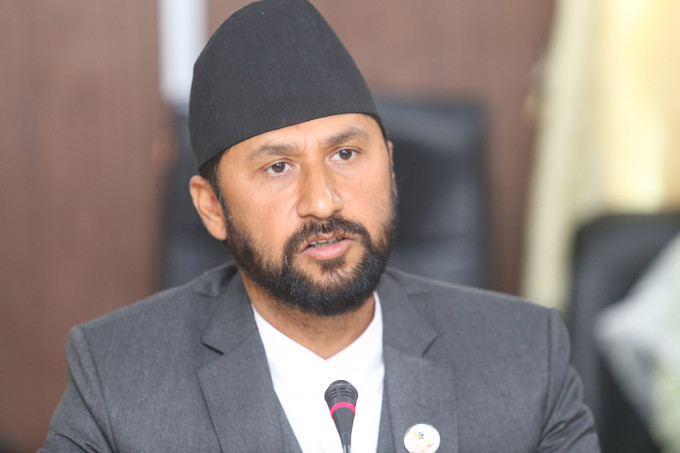Currently, some positive steps are being taken to improve the sanitation practices in the nation. The Government of Nepal is executing a ‘ water plan’ which is expected to be achieved in the year 2027. The plan has sought to improve the basic level of water supply of 50 percent of the population by 2027. Similarly, UNICEF is working in collaboration with the Government of Nepal and other non-governmental organizations, to improve sanitation facilities in Nepal. Their adopted strategies include water quality monitoring, increasing awareness and building low cost toilets across Nepal.
Lack of healthy sanitation practices not only causes harm to an individual but is also the cause of decline in community health, economic productivity and overall well being of the country. Awareness, access to sanitary means and safe garbage disposal are prerequisites to sustainable development. However improper water supply, sewage disposal and the general economic and regional disparity that exists is not allowing Nepal to prosper in a healthy way.
According to the Government of Nepal’s, national water supply and sanitation policy, the economic cost of ill health, medical treatment, loss of time, and opportunities caused by the lack of access to basic needs like water account for an estimated loss of $34billion in the south Asian region.
Practicing good sanitation practices is very difficult without a proper water supply system from which citizens’ can use the water for cleanliness purposes. Abiding by the recent report produced by the Department of Water Supply and Sewerage Management (DWSSM), merely 51.69% of the population have piped water coverage and the remaining 48.31% are relying on un-piped locally and privately managed water supply mechanisms. Due to the existent regional disparity in Nepal in regards to execution of developmental projects, the difference in capital impacts water supply and sanitation facilities in lesser prioritized regions.
Yet, urban areas of Nepal also do not have sound sanitation facilities. According to the Ministry of Urban Development Nepal, all urban water supply services in major cities of Nepal need substantive improvements. Similarly, the other problem identified regarding the urban water supply is the inability to cater to the needs of municipal uses of water, such as water for fire fighting, street cleaning, city greeneries, recreation, public drinking and washing facilities. The general manager of the Nepal Water Supply Corporation (NWSC), Dr. Bhupendra Prasad has indicated the institution's weak financial condition with increased fuel prices, high prices of construction materials and unplanned urbanization as the main challenges due to which urban demands of water and sanitation are not being met.
The lack of or no adherence to proper mechanisms, while disposing of sewage contributes to the ill public health and environmental wellbeing resulting in polluted water resources which are highly damaging if used for sanitation purposes. Evidence indicates that a fair share of diseases emerging in the developing world is related to the use of unsafe water and inadequate sanitation.
READ ALSO:





1672397318_680.jpg)

